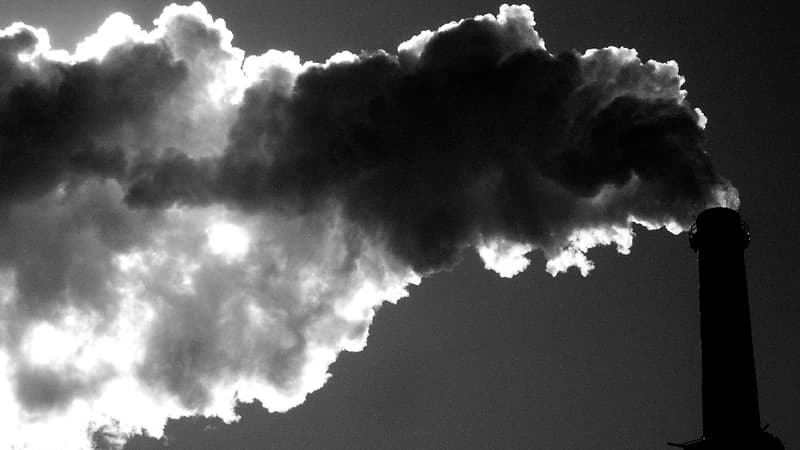MEPs and EU Member States have reached an agreement on carbon sequestration targets by soils and forests for 2030, a text that NGOs lamented on Friday the “lack of ambition”. The agreement resumes the objective set by the European Commission in July 2021 as part of its climate plan, to increase the net absorption of carbon by soils and forests (“natural carbon sinks”) up to 310 million tons of CO2 equivalent per year by 2030 (that is, 15% more than today).
A mandatory national target for each Member State from 2026
In this text, a revision of an existing directive on land use, Brussels proposed targets for the restoration of forests, peat bogs and wetlands, and a simplification of aid for reforestation and “low carbon” agriculture. The original proposal raised the concern of the Twenty-seven, who considered that the Commission had not sufficiently taken into account the differences between countries, which have very different forests in number and quality depending on their climate, and the impact of natural disasters. (forest fires, etc.) caused by global warming.
The agreement, reached overnight from Thursday to Friday, foresees that the current rules (according to which countries must ensure that emissions from the forestry sector do not exceed the amount of carbon that has been absorbed) will apply until 2025. Starting in 2026, when absorption must exceed emissions, each Member State will have a mandatory national target for 2030.
Environmental NGOs deplore a form of uncertainty
However, some “flexibility” is foreseen for states struggling to meet their targets due to natural disasters or the effects of global warming, provided the EU as a whole meets its 2030 target. Environmental NGOs CAN Europe and Fern punished this flexibility. They accused EU countries of having “slaughtered” the final agreement, saying that in Scandinavia “carbon uptake by forests is collapsing to frightening levels”.
Fern’s Hannah Mowat lamented that even as COP27 takes place, “the EU has shown an alarming unwillingness to make its forests part of the climate solution.”
Source: BFM TV


